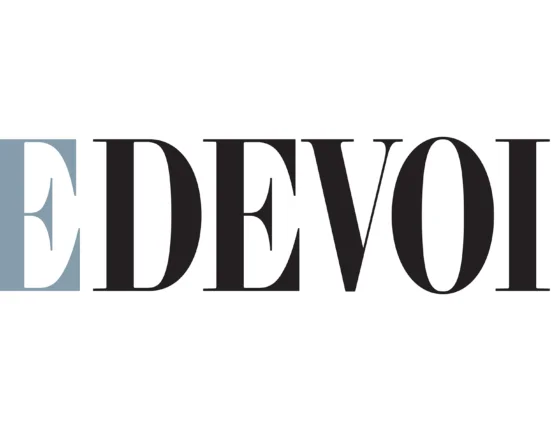Last fall, Sam Altman, OpenAI’s chief executive, asked his counterpart at Microsoft, Satya Nadella, if the tech giant would invest billions of dollars in the start-up.
Microsoft had already pumped $13 billion into OpenAI, and Mr. Nadella was initially willing to keep the cash spigot flowing. But after OpenAI’s board of directors briefly ousted Mr. Altman last November, Mr. Nadella and Microsoft reconsidered, according to four people familiar with the talks who spoke on the condition of anonymity.
Over the next few months, Microsoft wouldn’t budge as OpenAI, which expects to lose $5 billion this year, continued to ask for more money and more computing power to build and run its A.I. systems.
Mr. Altman once called OpenAI’s partnership with Microsoft “the best bromance in tech,” but ties between the companies have started to fray. Financial pressure on OpenAI, concern about its stability and disagreements between employees of the two companies have strained their five-year partnership, according to interviews with 19 people familiar with the relationship between the companies.
That tension demonstrates a key challenge for A.I. start-ups: They are dependent on the world’s tech giants for money and computing power because those big companies control the massive cloud computing systems the small outfits need to develop A.I.
No pairing displays this dynamic better than Microsoft and OpenAI, the maker of the ChatGPT chatbot. When OpenAI got its giant investment from Microsoft, it agreed to an exclusive deal to buy computing power from Microsoft and work closely with the tech giant on new A.I.







